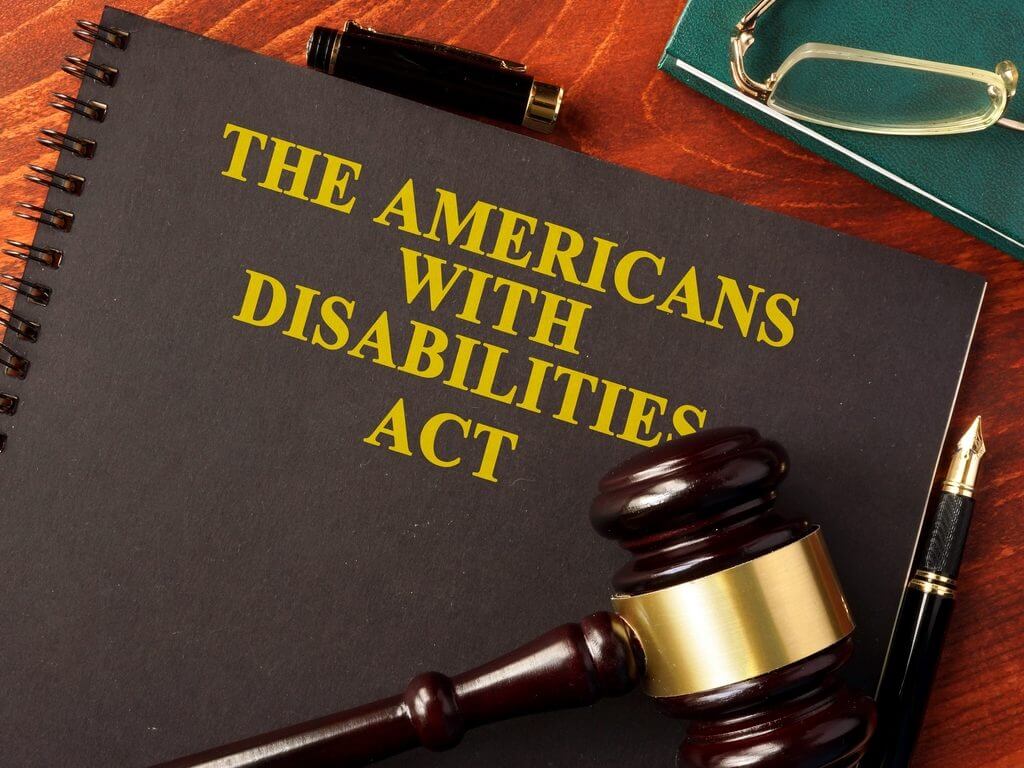We often hear that addiction is no different from any other chronic illness, like diabetes or heart disease or cancer. That may be true in the real world, but in the courtroom, it, unfortunately, is not. While the Americans with Disabilities Act (ADA) protects employees with disabilities, it explicitly does not protect employees who are “currently” using drugs or alcohol. It does not matter whether that drug or alcohol use is a product of addiction.
However, the ADA generally does protect employees on the basis of their addictions, so long as they are not actively using drugs or alcohol. This includes employees who are recovering from substance abuse problems, employees involved in recovery programs, and employees who are wrongly perceived as alcoholics or drug addicts. These employees are guaranteed protection as long as they don’t use drugs or alcohol. In most circumstances, it is unlawful for your employer to discriminate against you based solely on your history of substance addiction.
In general, employers may hold employees who are addicts or alcoholics to the same standards and qualifications as they hold all other employees. For example, if an employer requires all employees not to drink alcohol, it may impose the same requirement on alcoholics. Put another way, an exemption from the no-alcohol policy cannot be a reasonable accommodation under the ADA.
Employees who are using drugs or alcohol in an addictive way are not protected by the ADA. As a result, employers are free to test their employees for drug or alcohol use. And employers are allowed to terminate employees based on misconduct caused by alcohol or drug use, even if that substance abuse is the product of addiction. This distinguishes alcoholism and drug addiction from most other disabilities, where conduct resulting from the disability is considered part of the disability itself and therefore protected. So if your Tourette’s Syndrome causes you to use foul language, you might be protected by the ADA. But if your alcoholism causes you to get drunk and use foul language, the ADA provides no assistance.
If your past substance abuse or addiction is causing issues in your workplace, you have rights. Contact the employment discrimination attorneys at Garrison, Levin-Epstein, Fitzgerald & Pirrotti, P.C., today. We are here to fight for you.
